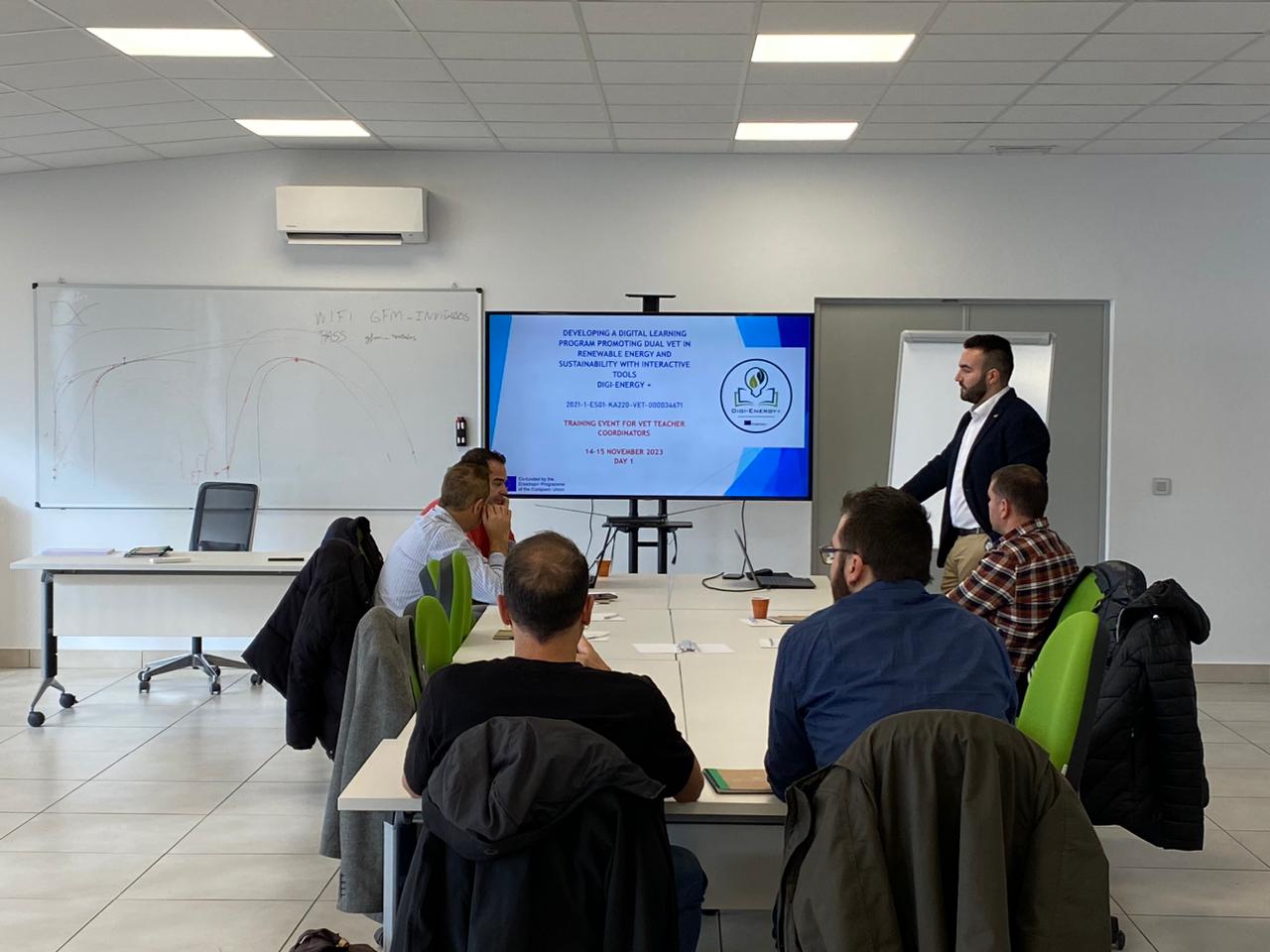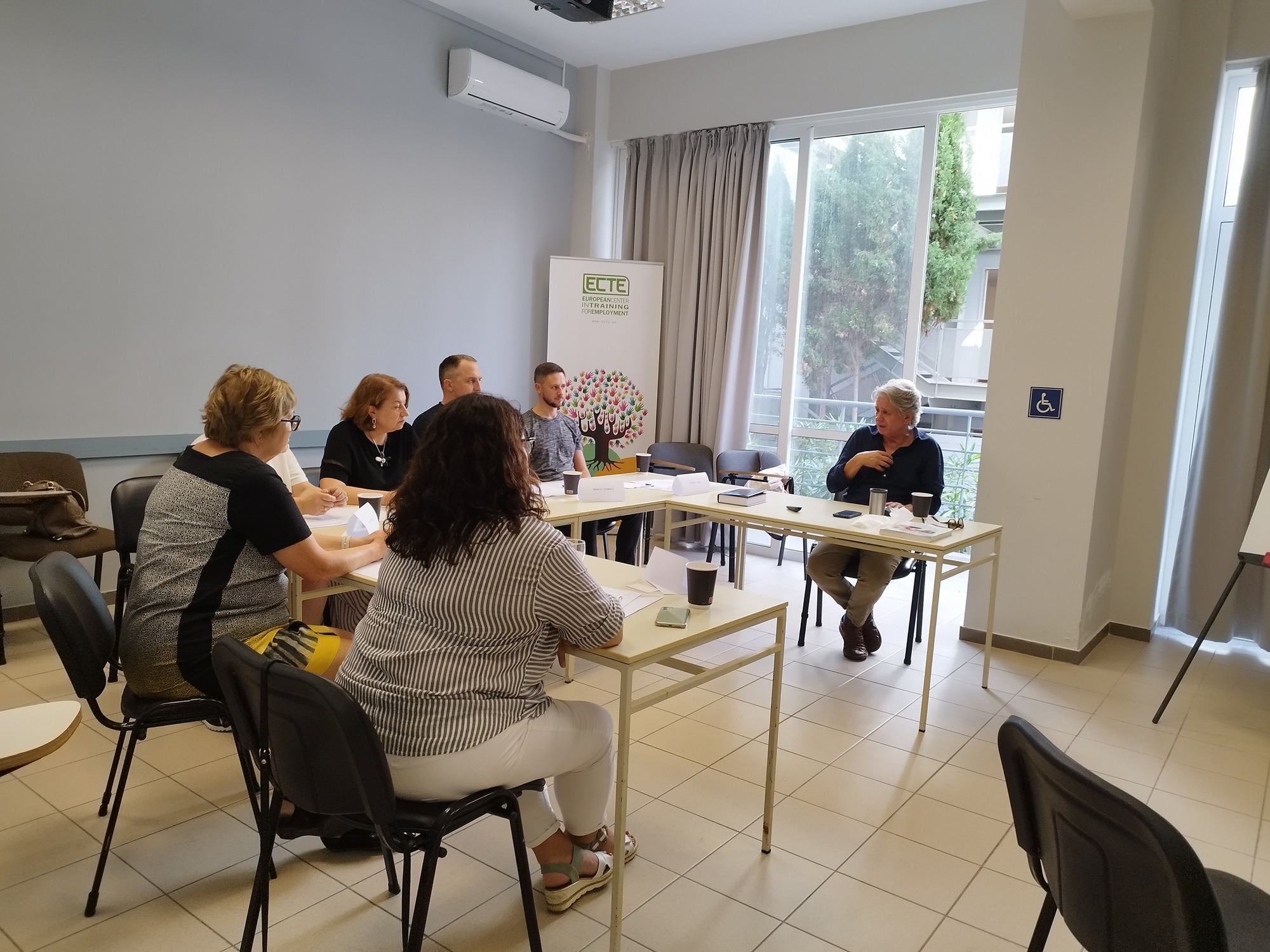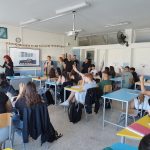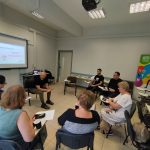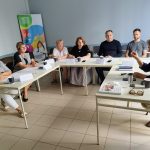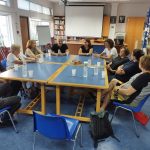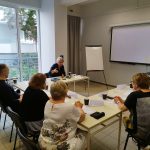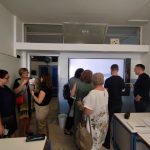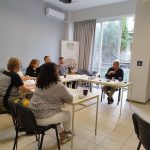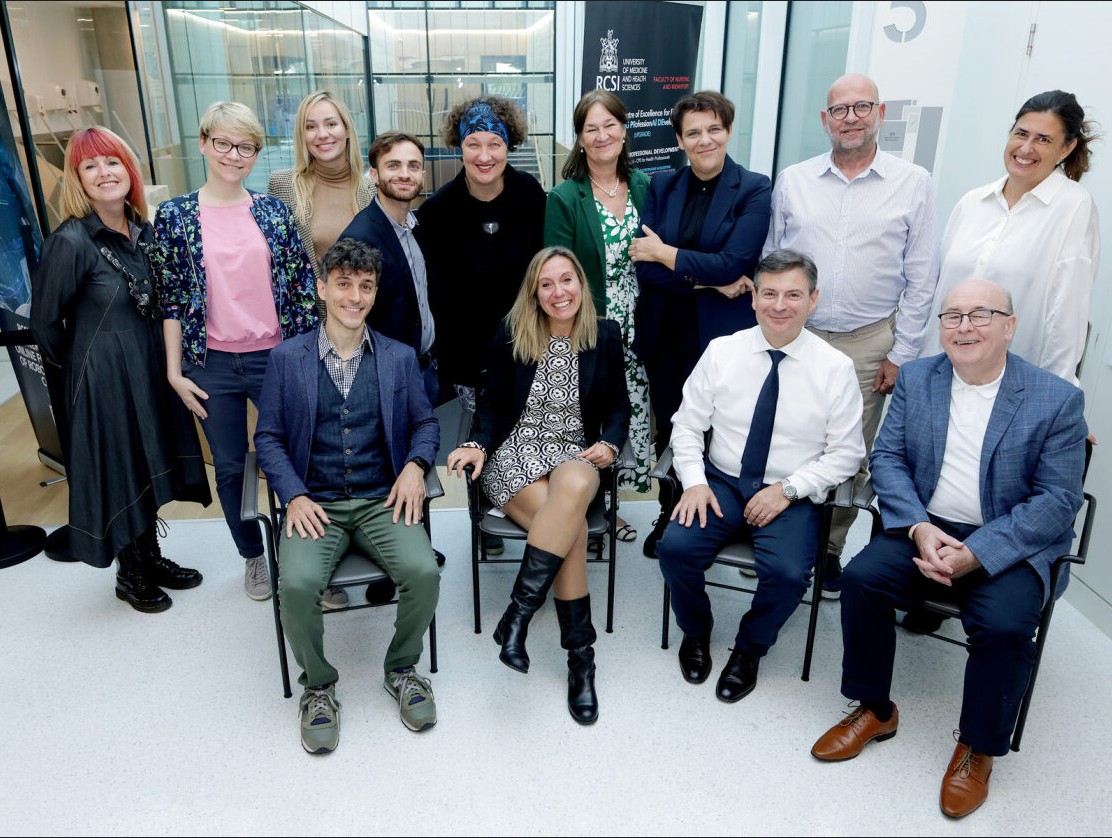In the ever-evolving landscape of vocational education and training (VET), staying abreast of the latest methodologies and technologies is crucial for educators to equip their students with the skills needed for the workforce. One such significant event took place in Villacanas on the 14th and 15th of November 2023, where VET teachers gathered for an insightful training event organized by the Fundacion GFM. The event aimed to elucidate the functionality of four project outputs, emphasizing the use of virtual environments in renewable energies.
The picturesque town of Villacanas, nestled in Spain, provided the perfect backdrop for this transformative training event. Hosted at the premises of Fundacion GFM, the two-day event catered to the development of coordinators’ skills, with a special focus on the implementation of virtual environments and training in renewable energies.
The training was divided into two comprehensive stages, each meticulously designed to enhance the participants’ understanding and application of the subject matter. The first day centered around the imperative need for a SWOT analysis in the implementation of virtual environments in renewable energies. This session was not just theoretical; it was a practical, hands-on approach that participants found invaluable. The outcome was a publishable methodological guide, providing a roadmap for VET teachers to effectively integrate virtual environments into their teaching methodologies.
One of the highlights of the first day was the active participation of two ECTE participants, who brought a wealth of experience and knowledge to the table. Their insights into the challenges and opportunities presented by virtual environments enriched the discussions, offering a practical perspective that resonated with fellow educators.
Moving on to the second day, the focus shifted to the IN-GREEN digital structured course and Educational Portal. This session aimed to equip teachers with the tools necessary for the development of digital skills among students and fellow educators, specifically in the context of renewable energies. The “train-the-trainers” approach underscored the importance of cascading this knowledge throughout the educational community, ensuring a widespread impact.
The success of the training event was not only in the acquisition of theoretical knowledge but in the practical application of skills that participants could immediately integrate into their teaching practices. The hands-on approach fostered a collaborative environment, where educators exchanged ideas and best practices, creating a network of professionals committed to advancing VET.
In conclusion, the training event in Villacanas was a pivotal moment for VET teachers seeking to enhance their capabilities in the dynamic field of renewable energies. The active participation of ECTE participants added a unique dimension to the event, making it a collaborative and enriching experience for all. As educators return to their institutions armed with new insights and skills, the impact of this training event is bound to reverberate through the halls of vocational education, shaping a brighter future for students entering the workforce.
